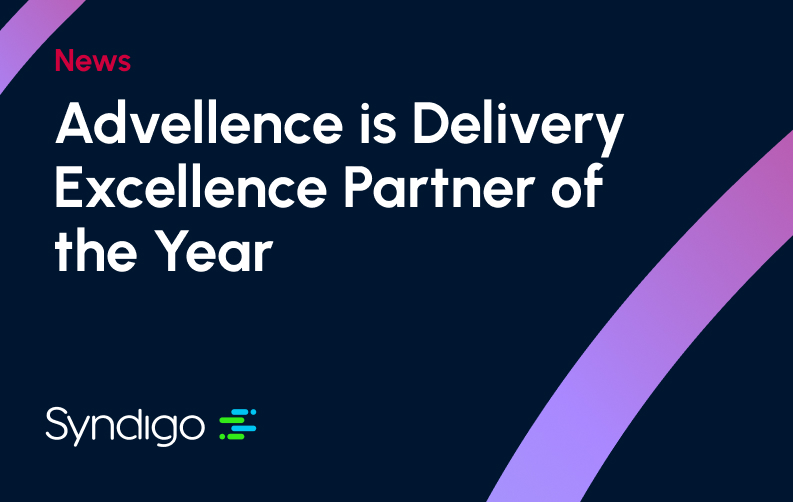April 16, 2024
Data Culture – Why Data is Worthless Without the Human Factor
Data culture is probably one of the most popular buzzwords of our time – together with terms such as data literacy and data-driven leadership

Data culture is probably one of the most popular buzzwords of our time – together with terms such as data literacy and data-driven leadership. Even though these terms may not mean anything to many for now, they are still very central components of a fundamental overall concept that will enable companies in the near future to act more economically, flexibly and resiliently, to drive innovations and strengthen their market position in the long term.
A data culture exists when all employees in a company deal with data as a matter of course, not only can read and interpret the data relevant to them, but also actively use it to go about their daily work and measure their success. This requires certain competencies that are generally available in a data culture – this is also known as data literacy. In such an environment, people understand data just as they can write, read, and calculate. Data is therefore nothing more than one of the many tools they need for their work.
Data culture is therefore an essential part of a data-driven organization, where data is not only used to make better decisions, but where individual cross-system data processes are effectively networked together and actively planned, controlled, managed and optimized. This primarily enables companies to react quickly to changes and adapt central business processes to new circumstances. This strengthens the profitability of companies and helps them to position themselves in the market in the long term and in the long term.
Create and Understand Contexts
First of all, data alone doesn't say much – it takes someone who places it in a meaningful context to generate added value from it. The more people there are in a company, the more holistic is the general understanding of business processes, the various framework conditions and the value that an organization ultimately creates.
On the one hand, understanding data helps employees to be better involved in achieving corporate goals and, on the other hand, it also helps the company itself to achieve these goals.
Derive and Communicate Insights
Where many different perspectives come together and meet transparent information, valuable insights can be created that can contribute to the optimization of strategies, processes and workflows. This is particularly true when various data domains are linked together, which allow multidimensional viewing.
In a data-driven organization, these findings are very important and are communicated transparently to all levels of the company. This enables comprehensive participation of all employees, divisions and departments, which can once again have a positive effect on issues such as employee satisfaction and motivation.
Encourage Innovation and Creativity
When different contexts and perspectives are brought together, new ideas and solutions to problems or strategic issues can arise. In this way, an organization-wide data culture promotes the formation of new innovative business models and helps challenges to be dealt with more creatively and effectively.
For example, there can be countless reasons for a decline in sales for a particular product line. Seasonal fluctuations, the go-to-market of a competing product, problems in product communication, delivery or customer service, as well as changes in customer needs – possible causes can be listed as desired.
However, it is only the reflection of all relevant data contexts from product development, customer service, marketing, sales and e-commerce that gives those responsible the necessary information basis to transparently examine and evaluate these reasons. This allows the necessary conclusions to be drawn in order to react sensibly to the decline in sales.
The Data Culture as a Paradigm of a Data-Driven Corporate World
The development of a data culture is therefore decisive for how effectively and quickly the transformation to a data-driven organization can be completed. But what exactly defines a data culture in detail and how can companies address this development and drive it forward in the long term?
We answer all these questions in our latest e-paper on data culture – How to transform into a real data culture.
Download the paper right away!
Strategic Advisory & Effective Execution
We continuously innovate to transform data into competitive advantage via expert advisory, effective project execution, and precision engineering.
Our Blog for Experts.
We use our expertise in various disciplines to turn data into sustainable competitive advantages for our customers and to share our knowledge.
Further News
All the latest news about Advellence







